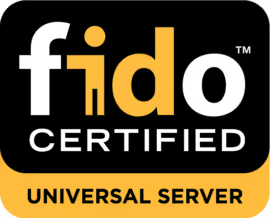The digital landscape has evolved significantly, and with it, the sophistication of cyber threats. As organizations expand their digital footprint, safeguarding sensitive information has become paramount. One such security measure increasingly emphasized across various compliance standards is Multi-factor Authentication (MFA).
MFA enhances the security of user account authentication by requiring multiple methods to verify a user’s identity. Typically, these methods are classified into something you know (password), something you have (a hardware token or phone), and something you are (biometrics).
In almost all compliance standards, MFA is a critical control, and in this blog post, we map out the relevant requirements in three prominent standards: ISO 27001, PCI DSS Level 1, and SOC 2.
ISO 27001
ISO/IEC 27001 is a globally recognized standard for information security management. The framework's objective is to provide organizations with guidelines to protect information based on a systematic risk management approach.
- MFA Relevance: MFA falls under multiple controls in the Annex A domain of ISO 27001, specifically:
- A.9.4.2: "Use of privileged utility programs" encourages limiting access to privileged utilities by using authentication techniques like MFA.
- A.9.4.4: "Use of secret authentication information" emphasizes the importance of ensuring that secret authentication is managed securely, which could include MFA.
PCI DSS Level 1
The Payment Card Industry Data Security Standard (PCI DSS) is crucial for any entity that stores, processes, or transmits cardholder data. Level 1 is the most stringent of the PCI compliance levels and is applicable to entities processing over six million real-world card transactions annually.
- MFA Relevance: The PCI-DSS framework highlights MFA, especially in the context of accessing cardholder data remotely:
- Requirement 8.3: Mandates the use of MFA for all non-console access into the Cardholder Data Environment (CDE), thereby ensuring remote access is secure.
- Requirement 8.3.1: Extends the use of MFA to all personnel with non-console administrative access to the CDE to prevent unauthorized access.
SOC 2
The Service Organization Control (SOC) 2 report focuses on a business’s non-financial reporting controls related to the security, availability, processing integrity, confidentiality, and privacy of a system.
- MFA Relevance: The trust principles of SOC 2, particularly the security criteria, emphasize the importance of user authentication:
- CC6.1: This criterion discusses logical and physical access controls. The emphasis is on strong access controls that can be significantly augmented using MFA.
- CC6.2: This relates to person or entity authentication and stresses on deploying MFA, especially for remote access scenarios or accessing sensitive data.
With increasing cyber risks, the significance of enhanced authentication mechanisms like MFA cannot be overstated. Compliance standards globally are recognizing this and integrating MFA requirements into their frameworks. For organizations, this not only signifies a mandate but also a proactive measure in fortifying their cyber defense.
It’s essential to understand that while MFA adds an essential layer of security, it’s a component of a broader security strategy. Effective implementation will depend on understanding the specific requirements of each compliance standard and integrating MFA seamlessly into the organization's existing processes.
Interested in satisfying the compliance requirements in ISO 27001, PCI-DSS Level 1, and SOC 2? Authsignal’s suite of drop-in multi-factor authentication allows for rapid deployment, providing meaningful protection to your customer accounts.
Navigating the complex world of cyber governance, risk, and controls is difficult, and this is why Authsignal has teamed up with awesome partners that can help across the lifecycle of your journey.
Audit Ready
Once you’ve implemented MFA controls and are audit-ready, it’s time to find an audit partner that will get your program and controls assessed and attested.

At Authsignal, we work with AssuranceLab for our own SOC 2 audit needs. They deeply understand fast-growing tech companies, share the same ways of working, and save us time with their well-tuned processes. Based in Sydney and Austin, AssuranceLab has a global footprint with team members in 6 countries and customers in over 20. Known for their tech-enabled and multi-standard approach, they cover 30 internationally recognized standards and frameworks, including SOC 1, SOC 2, ISO 27001, HIPAA, CSA Star, and CDR.





.svg)

.png)






